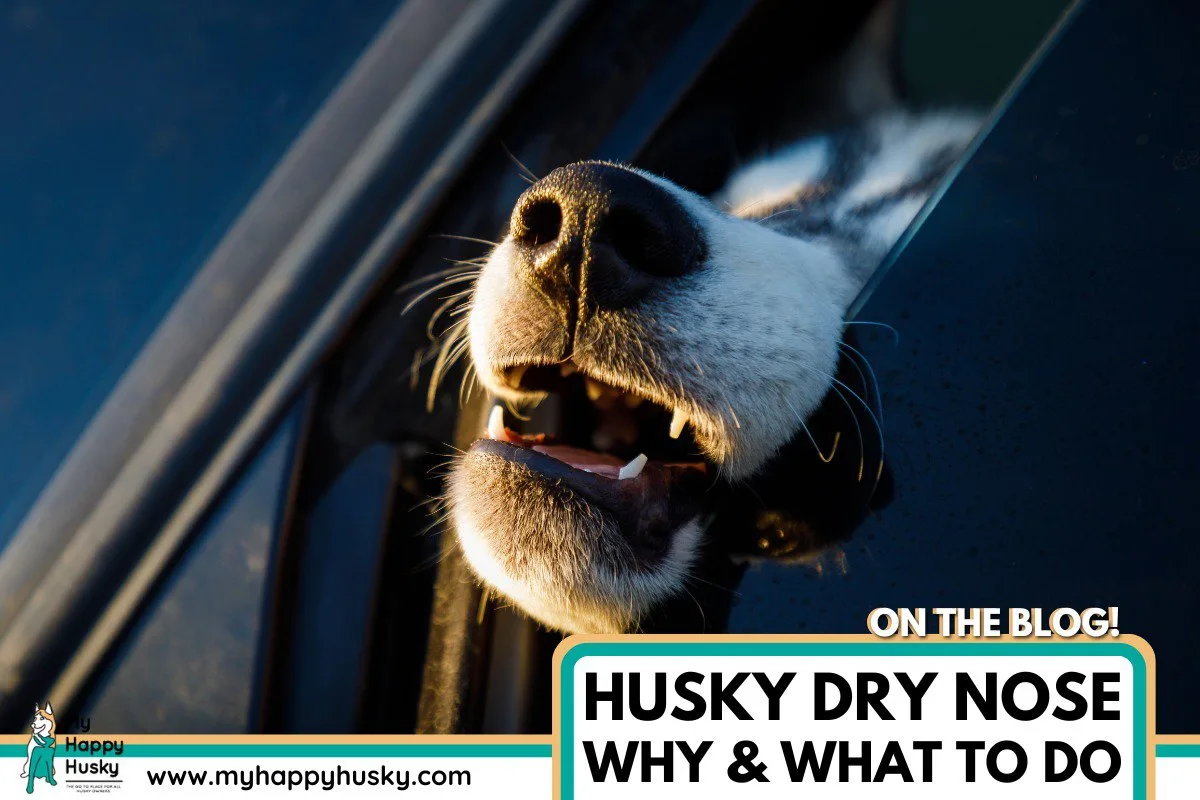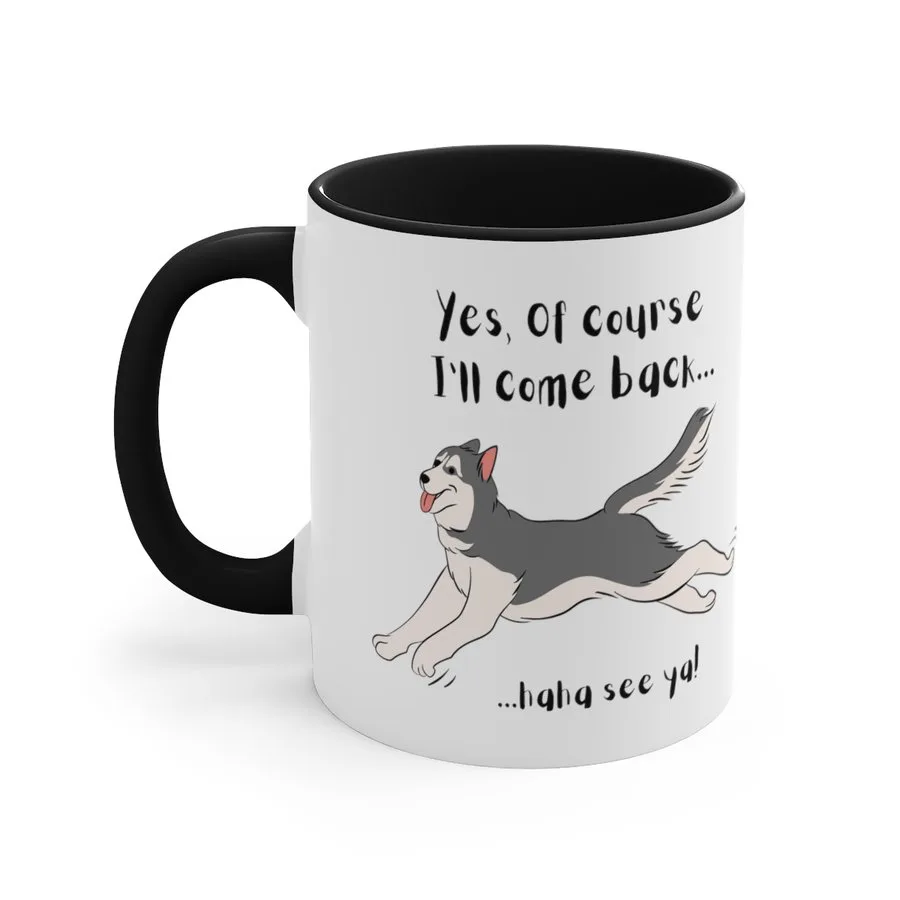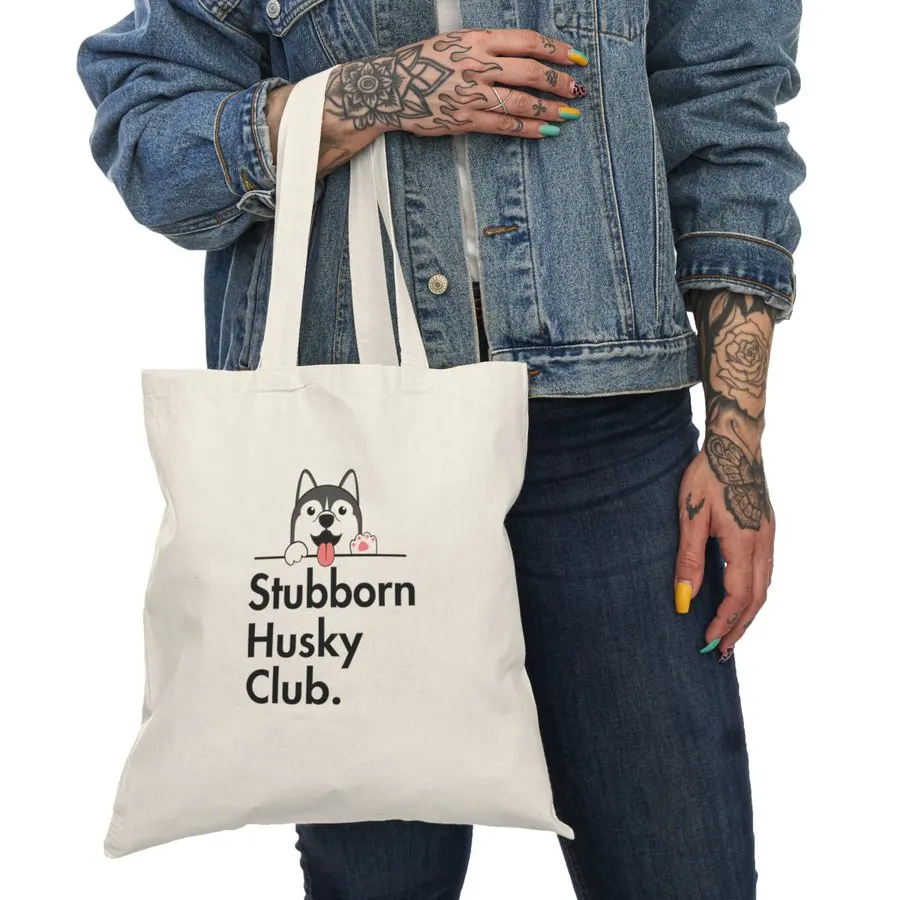You know what they say, a wet shiny nose is a sign your husky is healthy… So what does it mean when it’s suddenly gone dry? Is it time to worry?
This has happened many times before with huskies I’ve looked after and cared for. It’s also something that many of our readers message in about.
➡️ In this article, we’ll delve into seven reasons why your husky might have a dry nose, explain when it’s important to see a vet, and how to fix the issue at home.

Personal Note:
I’ve dealt with this many times in the last decade or so. In most cases, it’s a matter of my huskies not consuming enough fluids, or in some cases constantly nosing around the grass for a little too long! Yep, I realize that something in the soil or grass was causing irritation. This could have been due to allergies or something to do with the constant rubbing, either way, once I spotted this I solved it fairly easily.
As I’ll explain just below, identifying the cause for your husky will require you to consider the recent events leading up to the dry nose as well as their general lifestyle and routine. I can’t stress this enough!
7 Reasons Why Your Husky Has a Dry Nose
Knowing which reason applies to your husky will depend on their lifestyle, routine, general health, and recent events leading up to noticing it. Take a moment to consider carefully when you first noticed the dry nose, and that should help narrow down some of the potential causes.
1. Normal Body Functions
Huskies, like all dogs, have different ways of regulating their body temperature. One of the key methods is through the moisture on their noses. According to the American Kennel Club, a dog’s nose can be dry simply because they’re resting and not as active. When a dog sleeps, its nose might dry out, only to return to its moist state once the dog is awake and active.
2. Dehydration
If your husky isn’t drinking enough water, one of the first signs can be a dry nose. Dehydration is a serious concern for dogs, so if you suspect this might be the cause, it’s essential to ensure your dog has access to clean water at all times. VetStreet notes that other signs of dehydration to watch for include lethargy, loss of appetite, and sunken eyes.
✅ Personally, I place multiple water bowls around the house. Having multiple bowls in a few different rooms will encourage and remind your husky to take a sip. A simple trick like this can keep your husky much more hydrated and healthy.
3. Weather and Climate Conditions
According to PetMD, environmental conditions can play a significant role in your husky’s nose condition. In arid or cold climates, a husky’s nose may dry out simply due to the lack of moisture in the air. This can also occur from indoor heating during winter.
I’ve got a couple of popular articles about looking after huskies in cold and hot climates >>
➡️ Huskies in cold weather
➡️ Huskies in hot weather
4. Allergies
Just like humans, dogs can also suffer from allergies. Certain substances like specific foods, household cleaning products, or pollen can cause allergic reactions in your husky. One of the symptoms of an allergy might be a dry nose. As stated by the American Kennel Club, other signs of allergies can include excessive scratching, paw licking, and skin inflammation.
5. Sunburn
Yes, dogs can get sunburned too! And your husky’s adorable nose is one of the most susceptible areas. As PetMD explains, extended exposure to harsh sunlight can result in a dry, cracked, and even sunburned nose. Nose sunscreen like this can help significantly during summer.
6. Illness
While it’s less common, a dry nose can also be a symptom of certain diseases in dogs. Autoimmune diseases, for instance, can affect your dog’s ability to produce a normal amount of nasal mucus. If you observe that your husky’s dry nose persists or is accompanied by other signs of illness, such as decreased appetite, lethargy, or abnormal behavior, it’s best to seek veterinary attention.
7. Age
As dogs grow older, their bodies naturally produce less moisture, and this can result in a dry nose. While it’s a normal part of aging, it’s always a good idea to monitor your senior husky’s health closely and seek veterinary advice if needed.
Psst! Check out our official store:

Of course I’ll come back…
Perfect for those huskies that just never come back…

The Coolest Tote Bag Ever
Gorgeous natural cotton canvas, with the one and only SHC design!
When to Visit a Veterinarian
While a dry nose isn’t always a cause for alarm, it’s crucial to observe your husky for additional signs of illness. If the dryness persists, is accompanied by cracking or bleeding, or if your husky displays symptoms like vomiting, diarrhea, lethargy, or loss of appetite, schedule a visit with your veterinarian immediately.
5 Home Remedies for a Dry Nose
Many cases of a dry nose in huskies can be easily managed at home. Here are a few suggestions:
- Hydration: Make sure your husky always has access to fresh, clean water. Hydration is key to keeping their nose moist.
- Moisturize: Use a dog-safe moisturizer on your husky’s nose. Products like Snout Soother or natural alternatives such as coconut oil can provide relief. Remember, always check with your vet before applying anything new.
- Sun Protection: If your husky loves basking in the sun, consider using dog-safe sunscreen or limiting their exposure during peak hours. Or check out nose sunscreen for dogs.
- Humidifier: If your home environment is dry due to air conditioning or heating, a humidifier can add much-needed moisture back into the air.
- Diet: A nutritious diet rich in essential fatty acids can help keep your husky’s skin, including their nose, healthy.
In Conclusion
While a dry nose in your husky can be completely normal, it’s crucial to be aware of the potential causes. Regularly monitor your husky’s nose, and if you notice persistent dryness or other concerning signs, don’t hesitate to consult with your vet. Ultimately, it’s about ensuring that your beloved pet remains happy and healthy.
Sources:
Note: This article is intended for informational purposes only. If your pet is showing any signs of illness, please consult a veterinarian as quickly as possible.
Disclaimer
The advice given in this article is for educational purposes only and does not constitute professional advice in any context. Before making any decisions that may affect the health and/or safety of your dog, you should always consult a trained veterinarian in your local area. For the FULL disclaimer Visit HereCopyright Notice: The content produced and published on My Happy Husky is unique and original. My Happy Husky makes an active effort to search for plagiarized content using plagiarism detection software. If plagiarized content is found, action will be taken.
